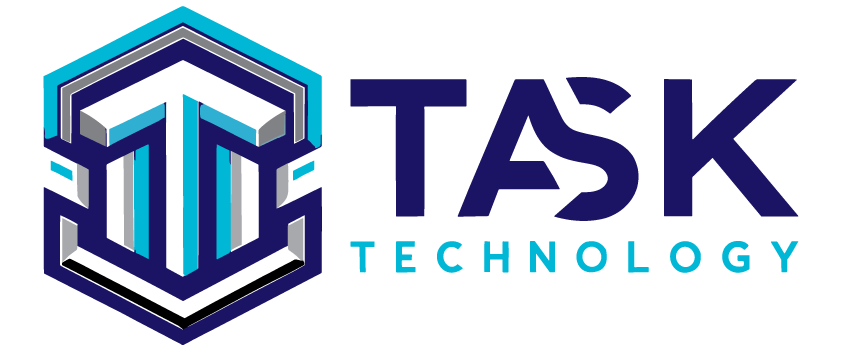PPC Marketing
What We Do
We Provided Best
PPC Services
01.
PPC Strategy
PPC advertisements increase ROY, quality visitors, and web presence. For best results, make use of targeted messaging, relevant keywords, and websites like Facebook and Google.
02.
Ad Copy writing
Ad copywriting creates informative content that connects with the intended audience, improving campaign ROY, conversion rates, and brand recognition.

03.
PPC Optimization
04.
Penalty Recovery
By deleting harmful backlinks and improving the content, structure, and user experience to comply with search engine guidelines, penalty recovery raises a website’s rating. A well-thought-out plan improves search ranking and visibility.
How IT Works
We’re Unique and we
provide best solutions
PPC marketing plays a crucial role in maximizing return on investment for businesses through strategic implementation of keyword research, ad development, precise targeting, and thorough performance analysis to effectively reach the intended audience. By leveraging tailored pay-per-click advertising strategies, businesses not only have the opportunity to increase revenue but also to establish connections with potential clients. To gain a competitive advantage in the market, it is imperative to select a top-tier PPC marketing system. Doing so ensures that businesses can capitalize on revenue opportunities without overlooking any potential avenues for growth. With the right PPC marketing approach, businesses can optimize their online presence, enhance brand visibility, and drive conversions, ultimately contributing to sustainable business success in today’s competitive landscape.
Media Promotion
Task Technology most recent release features fantastic graphics, stories, and audio along with drama, action, romance, and comedy.Prepare yourself for a fun experience that will make you want more.

Info-graphics Content
Task Technology infographics efficiently convey ideas and concepts to your target audience by simplifying challenging topics with engaging and eye-catching designs.
